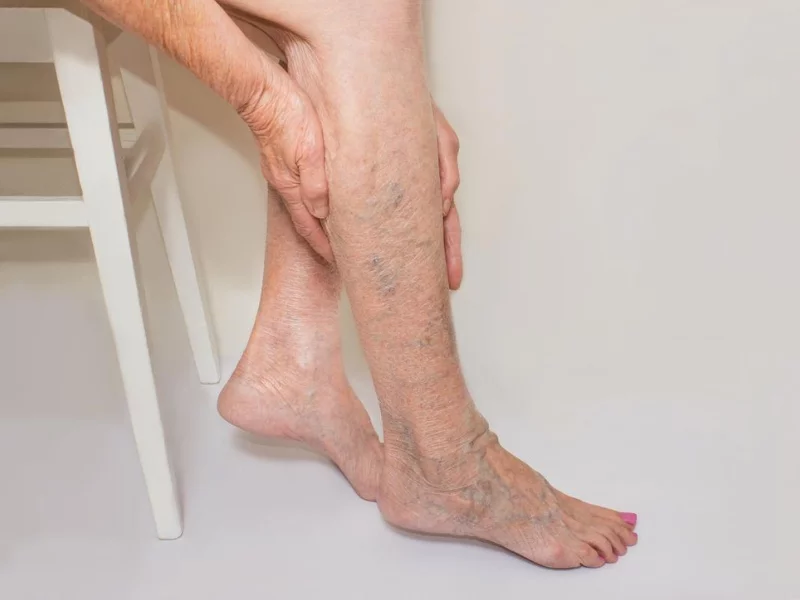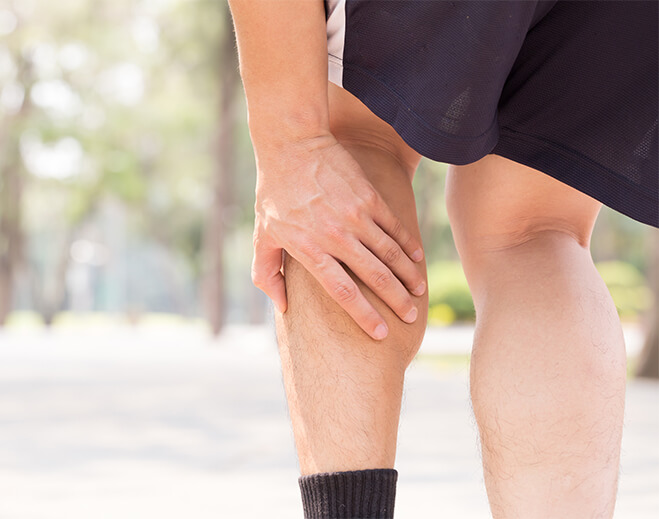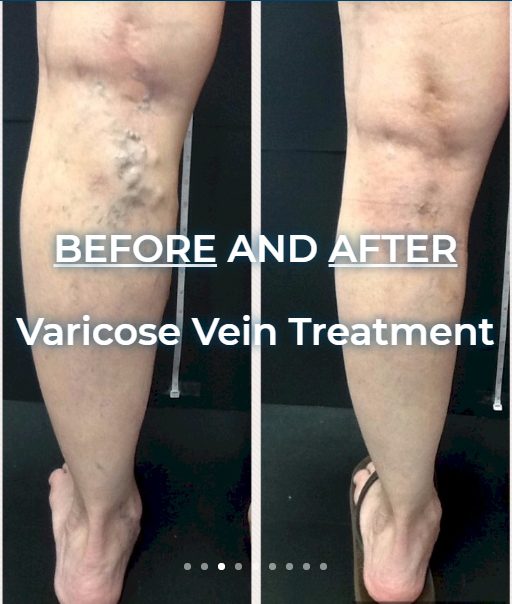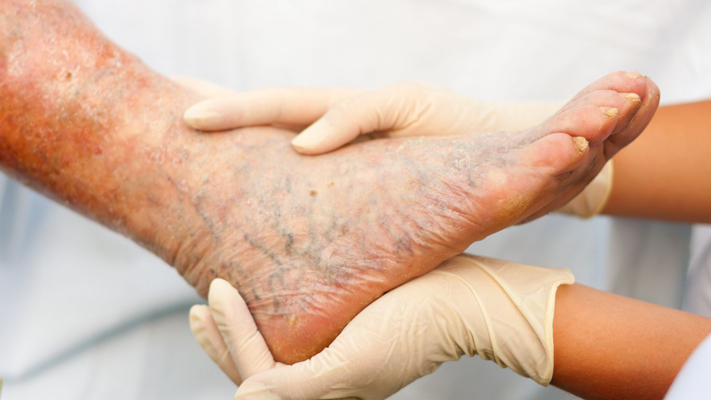Yes, varicose veins can potentially reoccur after treatment. While treatment options like endovenous procedures, vein stripping, or sclerotherapy are often successful in eliminating existing varicose veins, there is no guarantee that new varicose veins won’t develop in the future. Several factors can contribute to their recurrence:
1-Genetics: Family history plays a significant role in the development of varicose veins. If you have a family history of varicose veins, you may be more prone to developing them, and this risk remains even after treatment.
2-Lifestyle Factors: Certain lifestyle factors, such as prolonged periods of sitting or standing, obesity, and lack of regular exercise, can contribute to the development of varicose veins. Even after treatment, if these lifestyle factors persist, new varicose veins may form.
3-Hormonal Changes: Hormonal changes, such as those that occur during pregnancy or menopause, can influence the development of varicose veins. If hormonal changes reoccur, new veins may be affected.
4-Aging: As people age, the risk of developing varicose veins naturally increases. While treatment can address existing veins, it doesn’t stop the aging process or the potential for new veins to become problematic.
5-Incomplete Treatment: In some cases, varicose vein treatment may not completely address all affected veins, leaving room for recurrence.
It’s important to consult with a vascular specialist or vein expert if you experience the recurrence of varicose veins. They can provide guidance on preventive measures, lifestyle changes, and potential treatment options to manage and minimize the risk of recurrence.
For a personalized varicose vein treatment in Borivali, schedule a consultation with Dr. Kunal Arora, our expert vascular specialist or you can Contact us on 9004093090.




